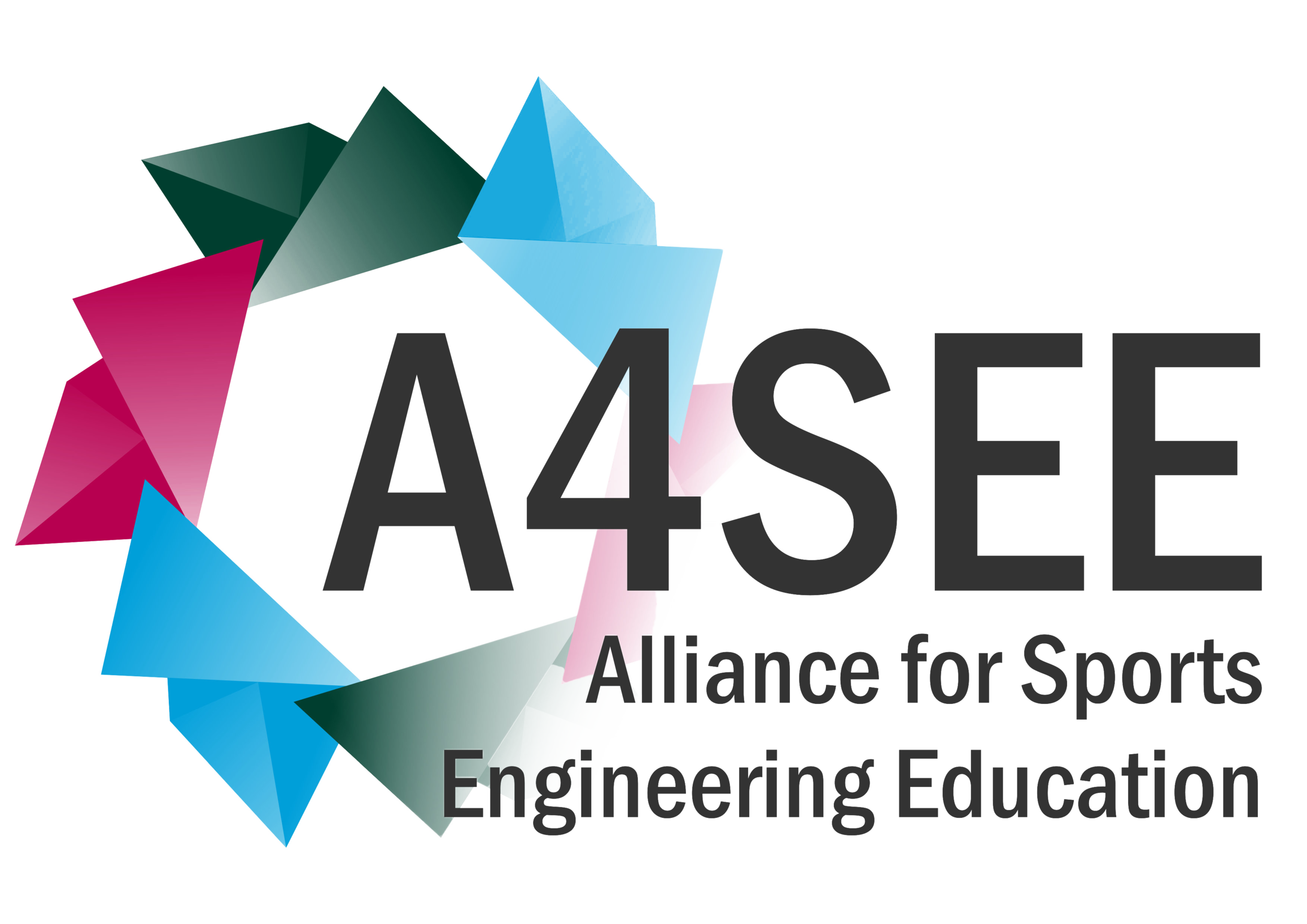Delft University of Technology
Type: Academia
Country: The Netherlands
The aim of the Delft Institute for Sport Engineering is to promote and organize research and education in the field of performance enhancement in elite sports, promotion of sports, play and exercise to create a healthier society.
By means of interdisciplinary collaboration between faculties and collaboration with companies, the institute aims to fulfill the potential of reaching a unique international position as the most engineering oriented University in the fields of sports research and education. Sport research offers the opportunity for national and international exposure of the excellent Delft research capabilities and innovations to a broad audience, and it is appealing for students in for example MSc assignments and Dream Teams. The TU Delft sports Engineering Institute is led by Professor Frans van der Helm and daily business is been carried out by a business director, two project managers and a management assistant. In total approx. 60 researchers from various engineering backgrounds are involved in sports engineering research.
The Sports Engineering Institute has initiated numerous scientific projects as lead partner and has a strong focus on cooperation with companies and organizations including e.g. Adidas, Team NL, Team Sunweb, KOGA and Asics.
Sports Engineering Competences
Aero- and hydrodynamics, Biomechanics, Materials and Human Material Interaction, Measurement, Feedback and Simulation, Motivation and persuasion to compete in sports, play and exercise and Sports Infrastructure and facilities. These are the five research subjects, the directions in which scientific research relating to (top-level) sports at TU Delft is currently being conducted, and on the potential application of new research areas. The focus will be mainly on designing sports products aimed at improving sporting performance during events, reducing the risk of injury, and to improve training. Besides innovative products, improvements in resistance characteristics, power transfer and efficiency can also help to improve top-level sporting performance. Crucial to the design process is a sound analysis of posture, movement, and learning and adaptation processes and the role the product plays in the interaction between the athlete and his or her environment.
TU Delft has a Bicycle lab with instrumented bikes, steer-by-wire systems, and a bike simulator. At the faculty of Aerospace Engineering there is a low speed wind tunnels which offer test sections of different sizes. For example, we use this wind tunnel for testing and optimize athletes’ postures or we conduct measurements with different suits and materials. At the faculty of Industrial Design Engineering you find the Applied Labs. The Applied Labs bring research at Industrial Design Engineering one step further: the product or product service is designed for, and evaluated in a more realistic and thus more complex setting (e.g. wearables and thermoregulation for sports clothing). The faculty of IDE is world renowned for its expertise in Innovation Methods.
Fellowship Opportunities
TUDelft is open for discussing any opportunities for company employees to join TUDelft. These opportunities can be (but are not restricted to): Join us as invited lecturer in specific Sports Engineering courses; Follow one of our courses or join one of the Masterclasses (i.e. IDEMC); Work together with TUDelft researchers on specified research tasks (provide input for scientific papers, assist in experiments/lab work, ..). Areas of interest; aero- and hydrodynamics, mechanical and materials engineering, industrial design engineering, mathematics and data science, et cetera.
